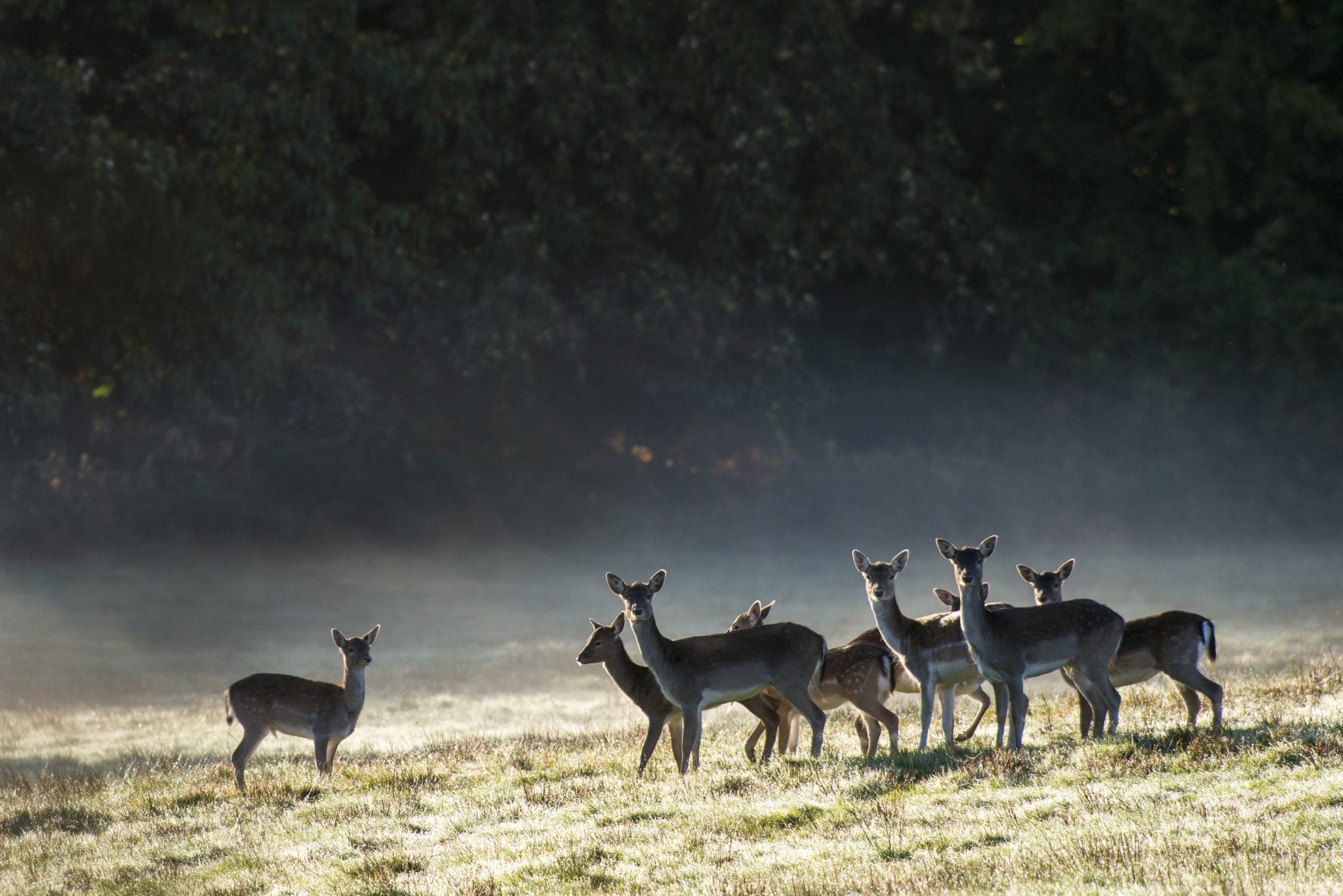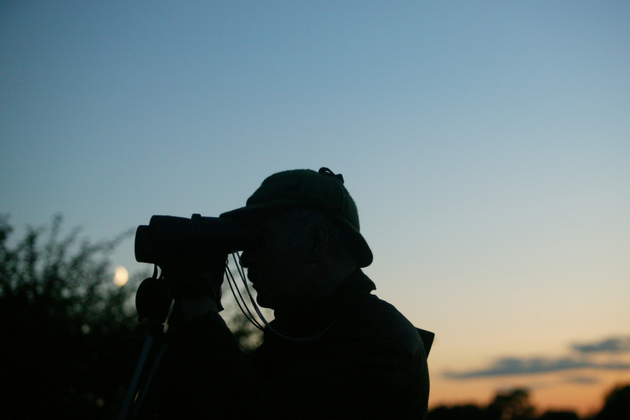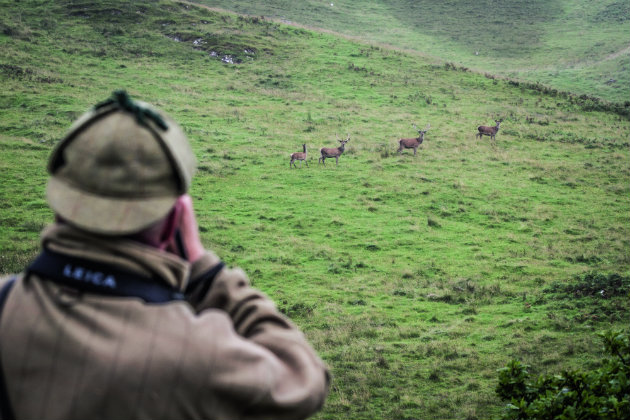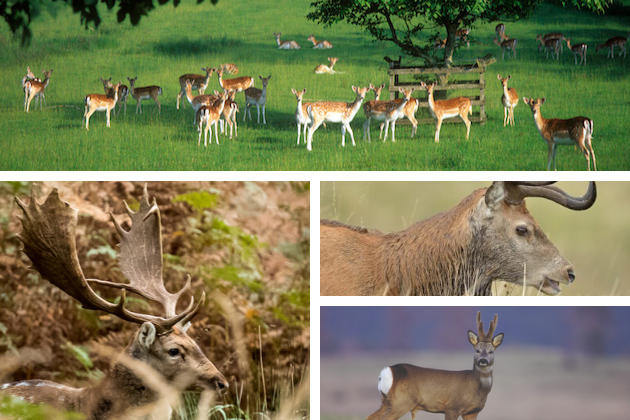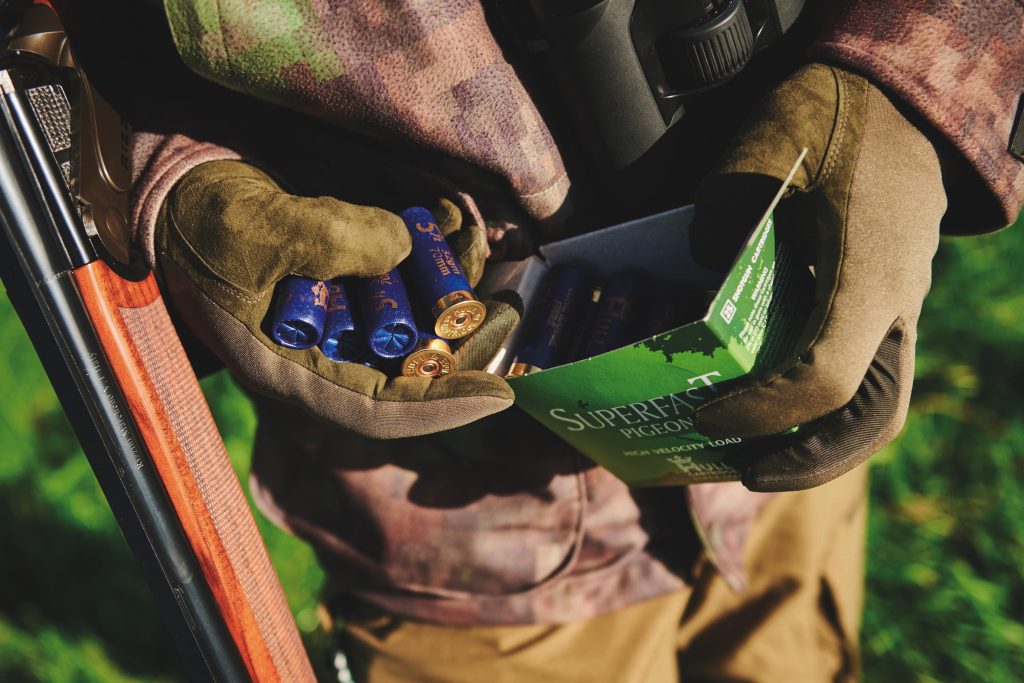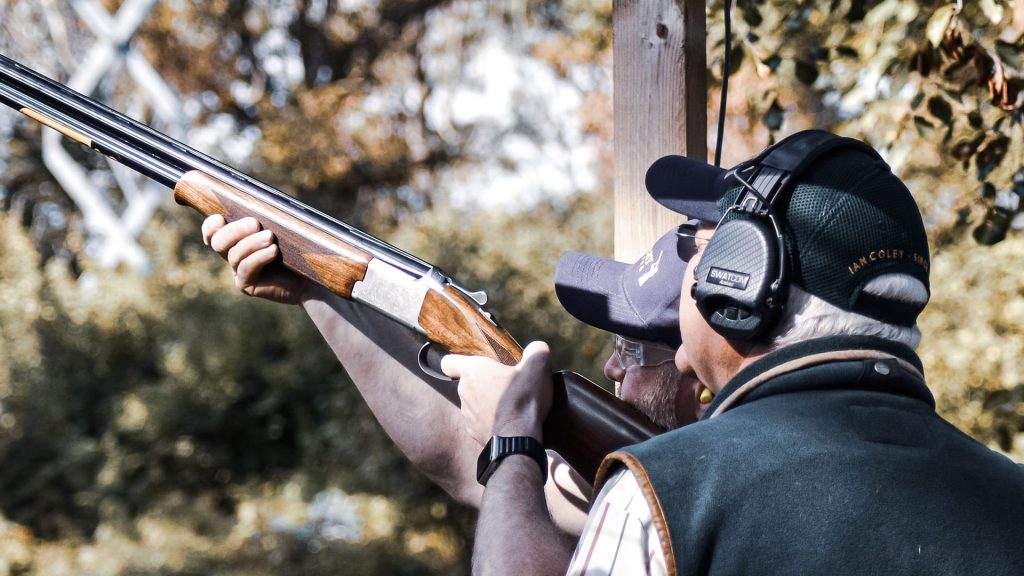I have just passed my DSC Level 1 and want to progress and learn more about deer. Would it help…
The countdown is on for The British Shooting Show – book tickets online today and save on gate price!
Should deer stalkers have to be qualified?
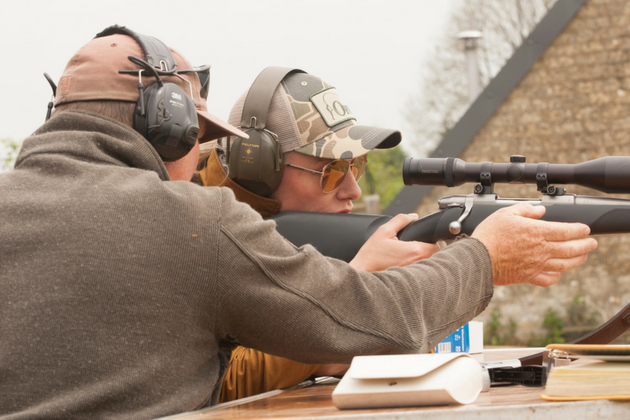
Soon after I accepted my first invitation to shoot in Germany, a small package arrived. Inside were the instructions and forms required before I would be allowed to join the shoot. These included letters proving insurance, in both English and German, passport photos, copies of a firearms licence and a copy of the invitation including the name of the host and the date and location of the shoot.
All the forms had to be sent to the regional government office in good time before the trip.
My host was a fellow student. When I’d invited him to a pheasant shoot on our farm in Suffolk, he turned up, in lederhosen, with nothing more official than a student railcard. Only after I had been a guest in Germany several times and mastered the bureaucracy did I realise that it is a lot easier for a foreigner to hunt in Germany than it is for a German.
German hunting licence
To hunt at home, Germans need to have a jagdschein (hunting licence). To get one you need to embark on a rigorous study course, which teaches you about every species of game in the country. Even if you live and hunt in the forested flats of the Rhineland, you need to learn about the habits of the Alpine ibex and capercaillie. One of my German friends had to spend two weekends watching woodcock flighting at a local forest. The characteristics of other species are required learning too, including songbirds, with emphasis on how hunting management can preserve these species. You must also know how to build the distinctively German wooden high seats.
Intensive
The length of each course depends on the state. Some are every weekend for a year, others can be completed, at additional cost, in a full-time three-week intensive course.
When I first learned about this I was appalled; I thought it was elitist to have such a high barrier to entry. I believed that the shooting fraternity needed to widen our gates and embrace with gusto all newcomers to the sport so that it might thrive into the future. To require such a lengthy and expensive commitment — the courses can cost in excess of €2,000 (£1,772) — would surely mean it could only be done by the well-heeled and those who grow up in a sporting tradition, not the newcomers we need.
However, the more time I spent with Germans shooting in the UK, the more obvious it became that they had a greater grasp of the wider British ecosystem than the native Guns. I also became convinced that if those who shoot and stalk are to be guardians of the countryside — and respected by those who look in from the cities as such — perhaps we should be thinking about some similar training here.
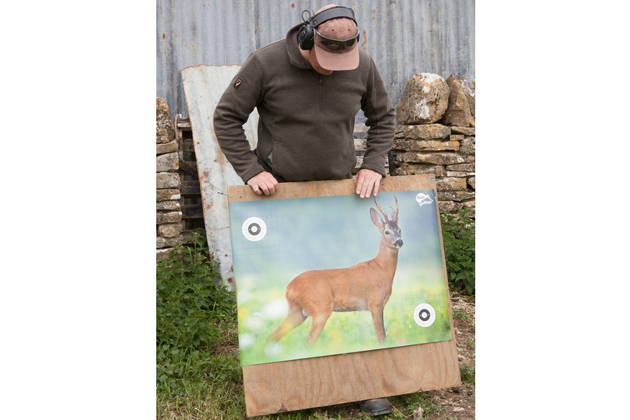
You must show competency to gain DSC1 or 2
Deer stalking qualifications
Our closest equivalent to the German system is the Deer Stalking Certificate (DSC), levels 1 and 2.
It is a stretch to compare the two systems though; our certificates involve much less time, cover deer only and are aimed at demonstrating minimum levels of competency rather than providing comprehensive training. However, they are hugely informative. When I took my certificates I learned a great deal, despite having been fortunate enough to have a good mentor at the start of my stalking career.
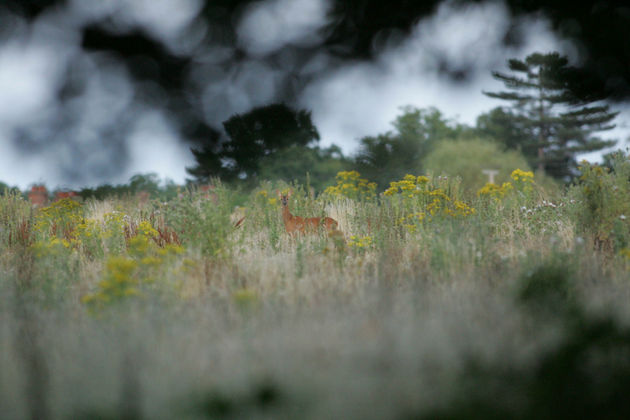
Should every stalker learn more about our six resident deer species?
Natural cycles and habitats of deer species
If every stalker knew about the natural cycles and habitat of our six deer species — and recognised areas of damage and assessed how to limit deer impact while maintaining a balance with other species — as well as put quality meat into the food chain, the public would have more appreciation for stalkers and wider fieldsports. And, as in Germany, once passed, we might be considered more positively when acquiring rifles.
British deer: A guide to identifying the six species found here and where to stalk them
The six species of deer to be found in England, their origins and locations.
Final words on deer stalking qualifications
- Public opinion is hard to shift, but if we could successfully communicate that, as a community, we had undergone a rigorous and serious wildlife education that required more than a trigger finger, it would have a positive effect on our image.
- If we as a body proposed this kind of regulation, it might send a message that we are proactive, rather than reactive, and looking to heighten our own standards.
- Germans organise their regulations and requirements through local government and it runs smoothly. Many of our local police forces struggle to get firearms licensing done on time. Adding an additional layer of complications could cause havoc.
- As a culture we are also generally anti-regulation, convinced that in most instances it restricts rather than releases. I have introduced people to this fine sport who are now keen stalkers and ambassadors in their own right but who would have been reluctant to invest the time or money to become qualified.
- However, I am convinced that we must continually hold ourselves to ever higher standards. If knowledge is power, we must seek to widen our understanding as much as possible. As stalkers, shooters and anglers, before we will be seen as custodians of the countryside, we must acquire the knowledge; we must earn the privilege.
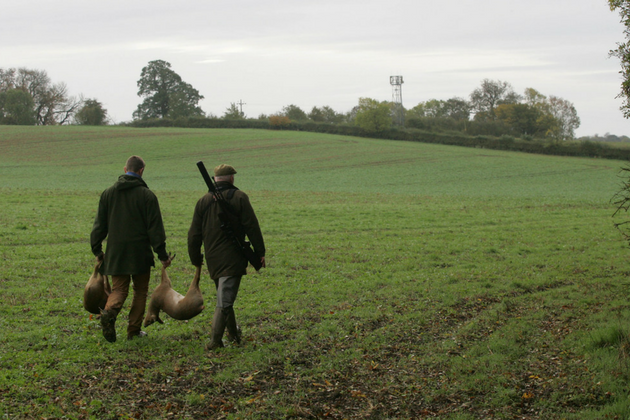
If we want to be seen as custodians of the countryside, we must acquire the knowledge
Details of DSC1 and DSC2 can be found on the British Deer Society (BDS) website. DSC1 is a three-day course, involving stalking theory, stalking safety and a marksmanship test. Through the BDS it costs £295.
DSC2 requires you to complete three successful stalks under supervision and deal with the carcass so that it is fit to enter the public food chain. It costs £160, plus any associated fees for the stalking or the witness.
Related Articles
Get the latest news delivered direct to your door
Subscribe to Shooting Times & Country
Discover the ultimate companion for field sports enthusiasts with Shooting Times & Country Magazine, the UK’s leading weekly publication that has been at the forefront of shooting culture since 1882. Subscribers gain access to expert tips, comprehensive gear reviews, seasonal advice and a vibrant community of like-minded shooters.
Save on shop price when you subscribe with weekly issues featuring in-depth articles on gundog training, exclusive member offers and access to the digital back issue library. A Shooting Times & Country subscription is more than a magazine, don’t just read about the countryside; immerse yourself in its most authoritative and engaging publication.



